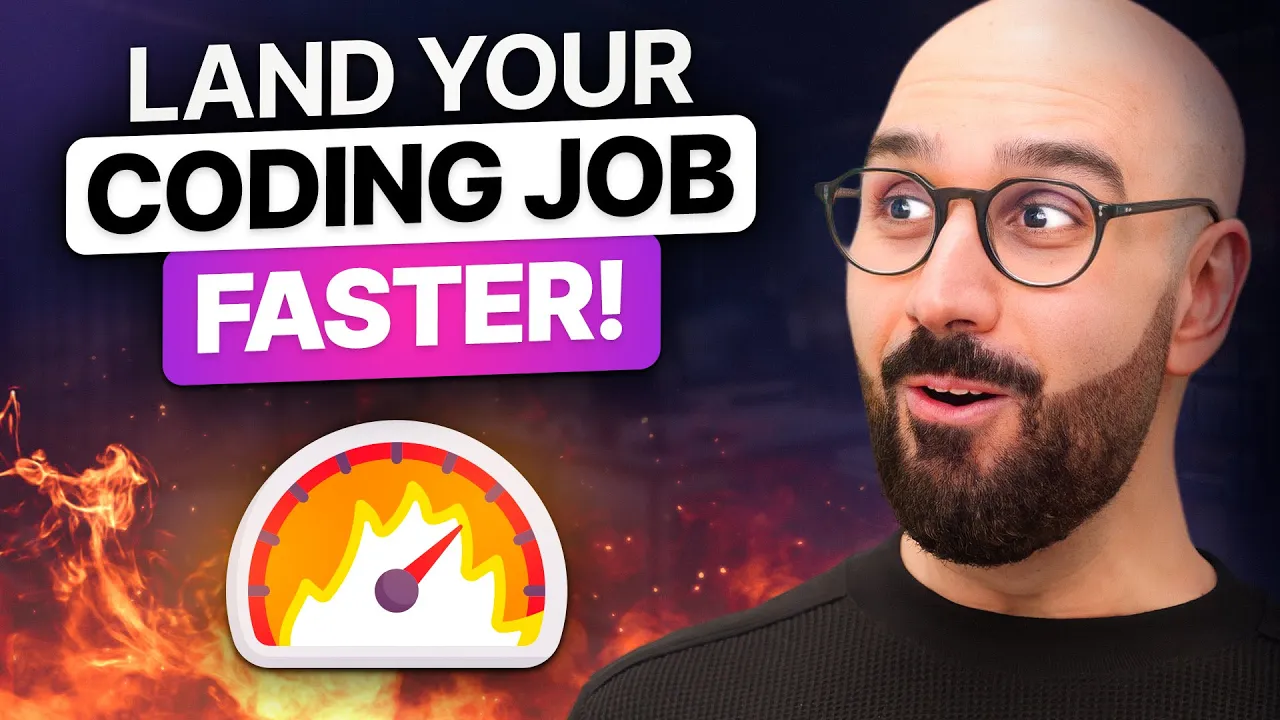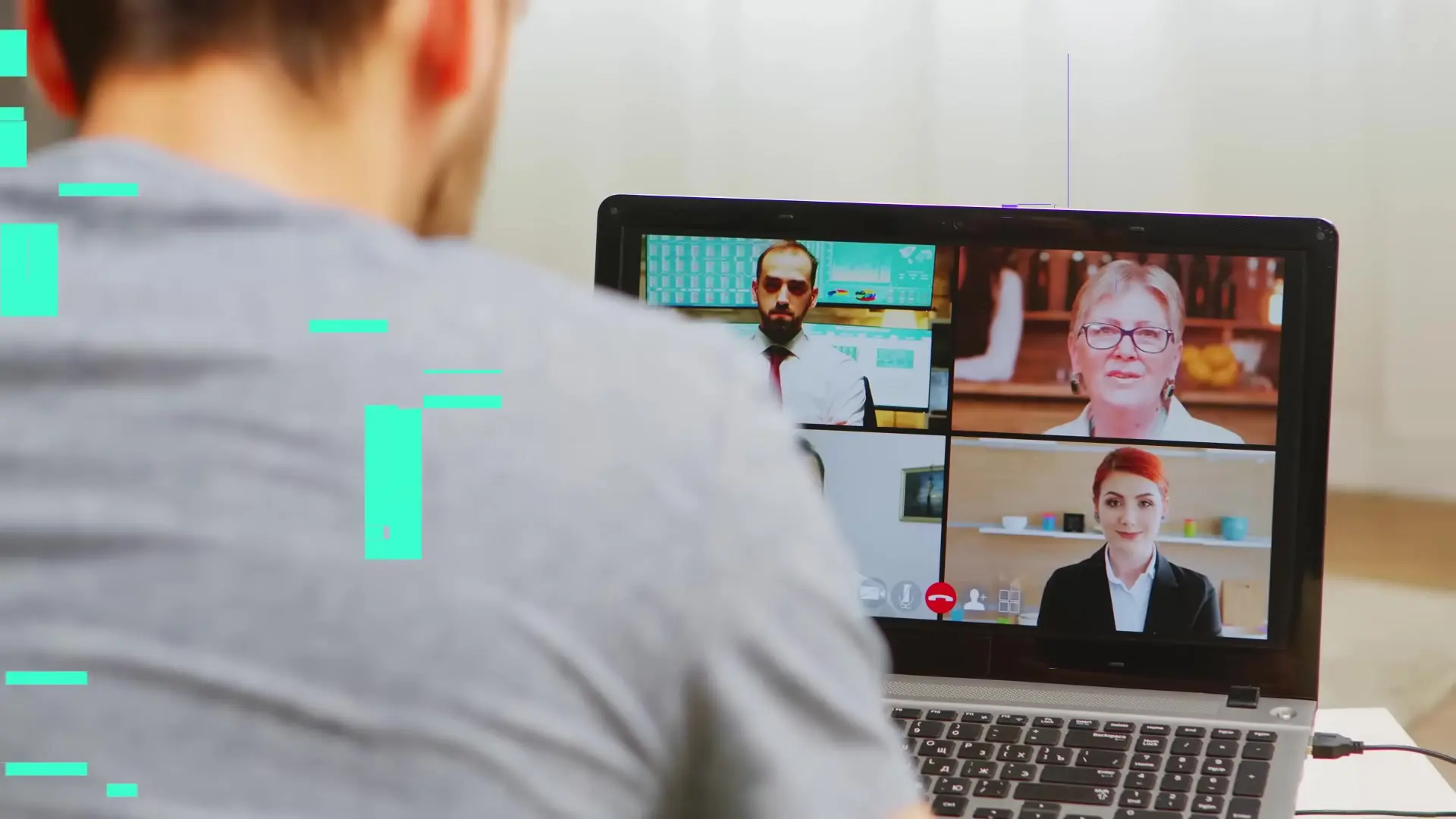
Is it really possible to land a coding job within a year without a computer science degree? The answer is yes. While not everyone can make such a rapid transition, countless individuals have successfully transformed their careers through coding in just 12 months. This article outlines a practical, step-by-step approach to help you break into the world of programming efficiently, even if you're starting from scratch.
The Common Mistake Most Beginners Make
Many beginners make the critical error of trying to learn multiple programming languages simultaneously simply because they're popular. They mistakenly believe that learning Python, JavaScript, and other trending languages will automatically make them employable. However, this approach is fundamentally flawed.
These languages serve specific purposes and are used in different types of development roles. Learning unrelated languages simultaneously doesn't effectively prepare you for any particular job. Instead of this scattered approach, you need a focused strategy.
Step 1: Define Your Dream Tech Job
Before diving into any programming language, determine what type of developer you want to become. Ask yourself: Do you want to build beautiful websites? Develop mobile apps? Create games? Design data systems? Your answer will dictate exactly what you need to learn, preventing you from wasting time on irrelevant skills.
Step 2: Find a Structured Learning Path
Once you've identified your desired role, research the appropriate learning path. For example, web development requires HTML, CSS, JavaScript, and various frameworks. Game development demands an entirely different skill set. Simply search for terms like "web development learning path" or "data science learning path" to find comprehensive roadmaps tailored to your goals.

Step 3: Learn Efficiently - Avoid These Common Pitfalls
Many aspiring developers sabotage their progress with these counterproductive learning habits:
- Watching random, disconnected YouTube tutorials that don't build on each other
- Enrolling in excessively long courses they never finish
- Accumulating multiple incomplete courses that diminish motivation
- Passively consuming content without actively practicing
Instead, follow this more effective approach: Find a well-structured course with an instructor whose teaching style you enjoy. Commit to finishing that course completely before moving to another. Remember that simply watching videos isn't enough—coding is about solving problems, which requires consistent practice.
Step 4: Practice Deliberately Through Projects
One of coding's greatest advantages is that it doesn't require extensive memorization—it demands analytical thinking and problem-solving skills. With regular practice, you'll naturally internalize the concepts you need.
A highly effective practice method is to use AI tools like ChatGPT to generate exercise or project ideas appropriate for your skill level. Simply explain what you're learning and your current abilities, and request suitable challenges. If the suggestions seem too complex, ask for simpler alternatives.
Step 5: Build Your Portfolio on GitHub
As you complete projects, showcase them on GitHub—essentially an online resume for developers. This platform allows you to:
- Display your code to potential employers
- Receive feedback from the developer community
- Study other developers' code to improve your own skills
- Demonstrate your progression and commitment to coding
Step 6: Prepare Specifically for Coding Interviews
Technical proficiency alone won't guarantee job success—you must also prepare for the unique challenges of coding interviews. Top tech companies often test candidates on data structures and algorithms, topics typically covered in computer science degrees.

While you might rarely use these concepts in your daily work, mastering them sharpens your problem-solving abilities and helps you stand out in interviews. Include a dedicated data structures and algorithms course in your learning plan, and practice on platforms like LeetCode, which lets you filter questions by complexity or company.
Consider participating in mock interviews with experienced developers to identify and address your weaknesses before facing real interviews.
Step 7: Apply Persistently and Strategically

When you feel confident in your abilities, begin applying for positions—but prepare for the realities of the job hunt. It's completely normal to apply for 100 jobs, hear back from only 10-20, and secure just 5 interviews. This isn't a reflection of your worth; it's simply how competitive the market is, especially for entry-level positions.
The key is persistence. Continue applying while also networking with recruiters on LinkedIn and Twitter. Remember that landing your first job is typically the most challenging part of the journey. Once you have professional experience, future opportunities become much more accessible.
Real Success Stories: From Career Change to Coding Success
Consider John, who transitioned from being an aviation electrician earning $28,000 annually to a frontend developer after just six months of dedicated learning. He later advanced to a full-stack role with a $90,000 salary. Similarly, Francisco leveraged his electronics engineering background to become a software architect within a year, more than doubling his previous income.
While these results aren't guaranteed for everyone, they demonstrate what's possible with the right approach, dedication, and persistence.
Conclusion: Your Coding Journey Starts Now
Learning to code and landing a developer job without a traditional computer science background is absolutely achievable. By following a strategic, focused approach—identifying your ideal role, finding structured learning resources, practicing deliberately, building a portfolio, preparing for interviews, and applying persistently—you can successfully transition into a rewarding tech career.
The journey requires commitment and patience, but the potential rewards—intellectually stimulating work, career flexibility, and significantly higher earning potential—make it well worth the effort. The fastest way to learn coding isn't about cutting corners; it's about learning efficiently with purpose and direction.
Let's Watch!
The Fastest Way to Learn Coding and Land a Job in 2023
Ready to enhance your neural network?
Access our quantum knowledge cores and upgrade your programming abilities.
Initialize Training Sequence